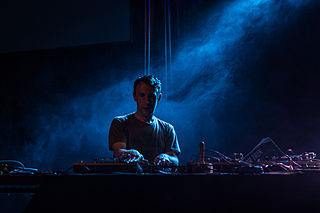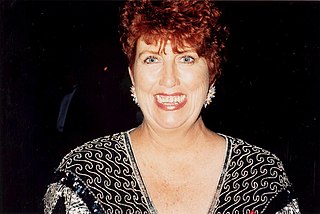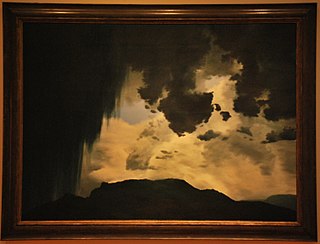A Quote by James Turrell
Science strives for answers, but art is happy with a good question.
Related Quotes
But in the end, science does not provide the answers most of us require. Its story of our origins and of our end is, to say the least, unsatisfactory. To the question, "How did it all begin?", science answers, "Probably by an accident." To the question, "How will it all end?", science answers, "Probably by an accident." And to many people, the accidental life is not worth living. Moreover, the science-god has no answer to the question, "Why are we here?" and, to the question, "What moral instructions do you give us?", the science-god maintains silence.
Science tries to answer the question: "How?" How do cells act in the body? How do you design an airplane that will fly faster thansound? How is a molecule of insulin constructed? Religion, by contrast, tries to answer the question: "Why?" Why was man created? Why ought I to tell the truth? Why must there be sorrow or pain or death? Science attempts to analyze how things and people and animals behave; it has no concern whether this behavior is good or bad, is purposeful or not. But religion is precisely the quest for such answers: whether an act is right or wrong, good or bad, and why.
I've found that in life, and certainly in music, it's all just a series of occurrences in which you are constantly assessing the potential outcome of your decisions based on past precedence. As an aside, this is apparently the defining factor in science that separates artificial intelligence from human consciousness. One thing that our brains are really good at is taking a bunch of answers and extrapolating the question, whereas in computing, you input a question and it will provide an answer.
We should not be ashamed of not having answers to all questions yet... I'm perfectly happy staring somebody in the face saying, 'I don't know yet, and we've got top people working on it.' The moment you feel compelled to provide an answer, then you're doing the same thing that the religious community does: providing answers to every possible question.







































